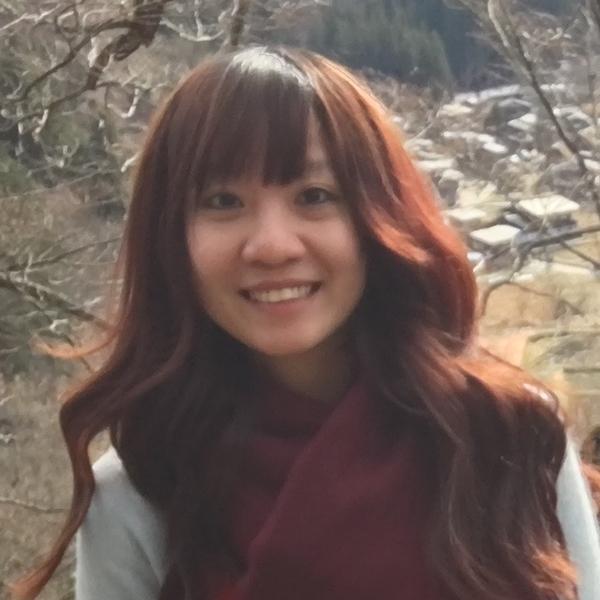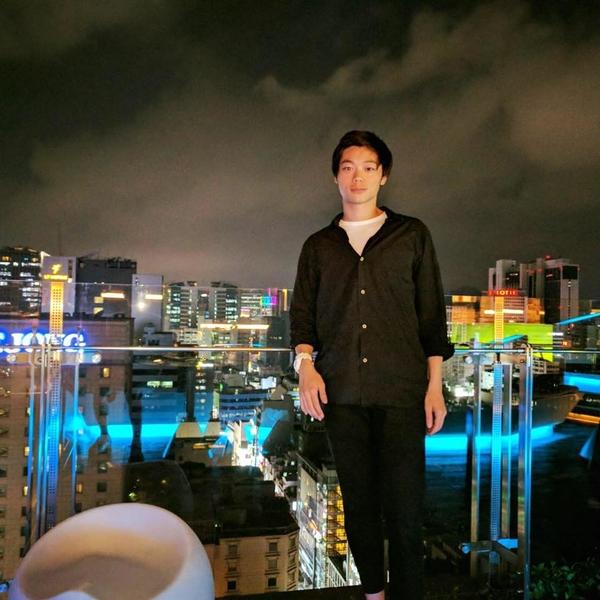Hiroshi Ono
Sociologist, Happiness Researcher
Hiroshi Ono (Ph.D. in Sociology, University of Chicago) is Professor of Human Resources Management at Hitotsubashi University Business School and Affiliated Professor of Sociology at Texas A&M University. Hiroshi’s work focuses on the relationships among motivation, happiness, and productivity in the workplace. He is especially interested in demographic change and labor market dynamics in Japan, and the role of higher education in sorting individuals into higher status jobs. Hiroshi is a frequent contributor and commentator for Japanese and global news media, both print and broadcast. He is the author of Redistributing Happiness: How Social Policies Shape Life Satisfaction (with Kristen Schultz Lee, Praeger Publishing, 2016).
Jason McEvoy
Environmentalist, psychologist
Jason McEvoy is a dedicated and enthusiastic environmentalist, with a broad range of research interests including cognitive, and environmental psychology, linguistics, and education. He works at Sophia university, in Tokyo, where he encourages students to think critically about global issues and reassess and adapt their perspectives towards a more sustainable direction. His current passion is researching the interactive relationship between human cognition and the environment.
Kensaku Yoshida
Linguist
A leading figure on English language teaching, bilingualism, and intercultural communication education. He is a member of various committees on language education for Japanese Ministry of Education, Culture, Sports, Science and Technology & other organizations, and is involved in research activities concerning acquisition of communicative English skills by native Japanese speakers.
Koichi Hasegawa
Technologist, RPA pioneer
Tohoku earthquake and Tsunami in 2011 pushed Koichi to strive to help society become “genki”. He started volunteering with his friends for disaster recovery and young people and handicap peoples` employment initiatives. However, having a strong background as Chief Information Officer in technology area, he was looking for bigger ways to contribute in revitalization of the society. That’s when he discovered a perfect fit, a new technology to automate manual processes and transform white-collar workers to digital professional. Koichi was convinced that this technology would revitalize society, which has employment engagement and productivity problems. Fast forwards 2.5 years later, his team of 300 colleagues is now supporting over 1,200 Japanese clients, speeding up the work style reform and digital transformation in Japan. In the same time Koichi continues to be dedicated in initiating educational projects that pave the way for next “RPA Native” generation and recurrent education.
Kyoko Kokusho
Talent coach, Change maker
Kyoko is a change management consultant of Talent & Strategy consulting team in IBM Japan. Her main field of expertise is communication design, executive development, organizational culture change, and global core value penetration.Her recent passion is developing new change management methodology for digital transformation in Japanese traditional companies.
Marie Nishibu
Writer, columnist, public relations
Based in Tokyo, Marie is a freelance writer and PR professional. Prior to becoming a freelance, she worked in sales and PR at an advertising agency. As a writer, she writes about a variety of topics, including business topics like HR and marketing, as well as social issues relating to gender and diversity. She specializes in interviews, and a common thread running through her articles is the message that each of us can choose how we want to live our life. On Nikkei Doors, she currently writes two series: “What Is Gender?” and “Becoming a Universal Woman.”
Miki Sugimura
Comparative and International Educationist, Mother
Sugimura Miki is a professor of Comparative and International Education, Faculty of Human Sciences and Vice President for Global Academic Affairs at Sophia University in Tokyo, Japan. She has been interested in international mobilities and the roles of education in diversified societies. Her current research topics are international education network and transnational higher education, and multicultural education in the era of migration. Her recent publications include Equity in Excellence (2019, co-author), “New Perspectives on Internationalisation of Higher Education and the Role of Japanese Higher Education” (2018), “The Role of UNESCO in Cross-border Higher Education for International Student Mobility”(2018), Cross-border Migration and the Nation-State: Transformation of Civil Society in the Post-Globalization World (2017, editor),“Circulating Brains and the Challenge for Higher Education in Japan” (2015, co-author), etc.
Mikiko Endo
Architect, Learning space designer, Mother
Endo gave birth to and raised her daughter while studying abroad in the Netherlands, and was inspired by the social affluence of the country's widespread, high-quality design in their public spaces. This inspiration led her to work on the spatial design of public cultural and educational facilities (such as preschools) as well as conduct workshops, all based on the idea of "making places where everyone from kids to grown-ups can cultivate their imagination."
Endo is currently working with international NGOs and local communities in Africa on a project to design and build health facilities for the low-income population. By involving local residents in the architectural process, the community has become stronger, and she is now working on developing design methods that promote independence and sustainable operability.
Sae Kitamura
Shakespearean, feminist, critic
Born in 1983 in Shibetsu, Hokkaido, she is a specialist in Shakespeare, feminist criticism, and history of theatre. She is currently Associate Professor at the Department of British and American Studies, Faculty of Humanities, Musashi University. Among her numerous publications are:『シェイクスピア劇を楽しんだ女性たち──近世の観劇と読書』 (白水社、2018)、『お砂糖とスパイスと爆発的な何か――不真面目な批評家によるフェミニスト批評入門』(書誌侃侃房、2019)

